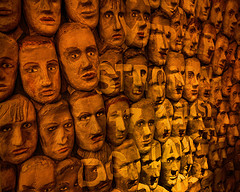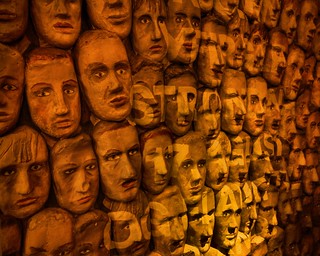 I need to share what I am learning in this module with staff to help build up a common picture of what Information Literacy, Information Skills and Guided Inquiry are, and the benefits to students.
I need to share what I am learning in this module with staff to help build up a common picture of what Information Literacy, Information Skills and Guided Inquiry are, and the benefits to students.
I need to address the “what” and “why” before we can move on to the “how” and “when”.
I need to look at best practice examples of Guided Inquiry , have opportunities to learn from these examples and then look at ways to support each other as we work together to apply this model in the school.
I need to make a great case for taking the trouble to plan and work together collaboratively, when most of the staff are used to working autonomously in their classrooms, formulating and driving their investigations in Key Learning Areas. It will be quite a challenge for some staff to see the point of information literacy skills and guided inquiries and letting go of being the sole leader in their room.
Hmmm – this is an important step in moving forward ……

